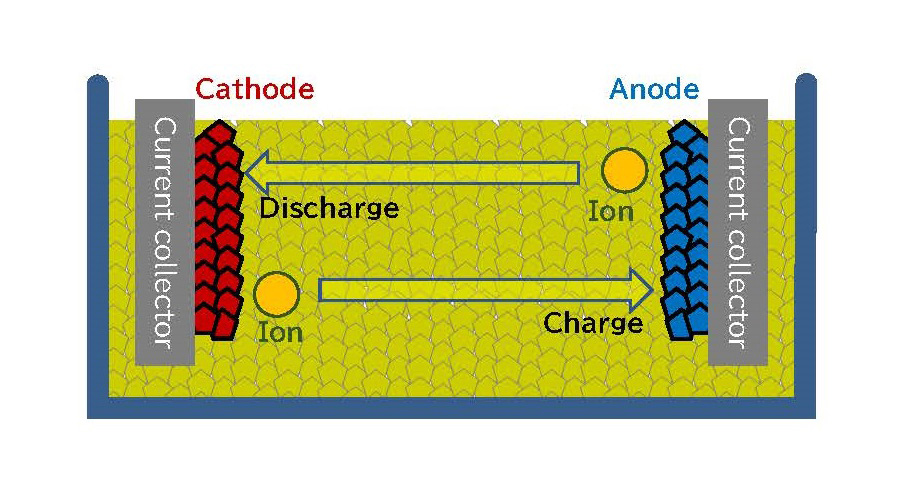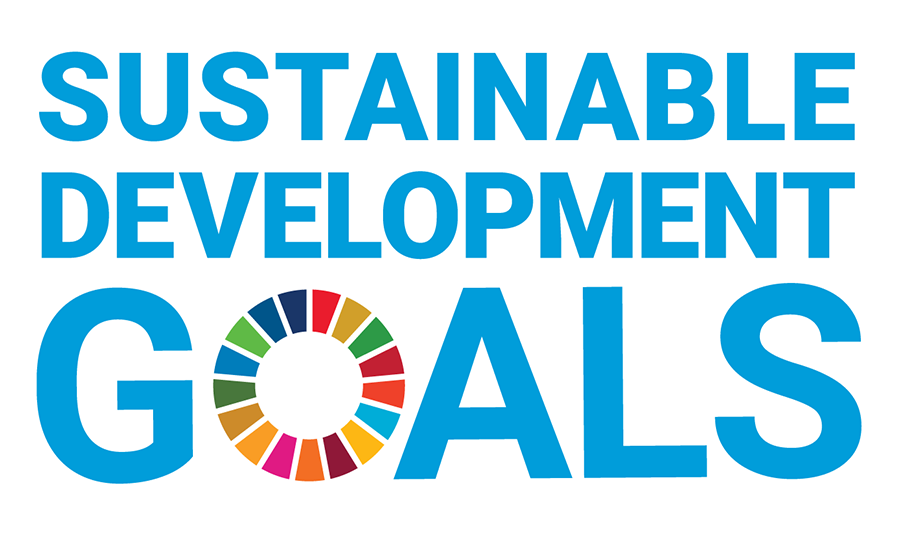Idemitsu Kosan Co.,Ltd. (Idemitsu) and Toyota Motor Corporation (Toyota) announced today that they have entered into an agreement to work together in developing mass production technology of solid electrolytes, improving productivity and establishment a supply chain, to achieve the mass production of all-solid-state batteries for battery electric vehicles (BEVs). Through this collaboration, the two companies, which lead the world* in the fields including material development relating to all-solid-state batteries, seek to ensure the successful commercialization of all-solid-state batteries in 2027-28―as announced at the Toyota Technical Workshop in June 2023―followed by full-scale mass production.
Combination of Idemitsu’s social implementation of energy one step ahead and materials and Toyota’s multi-pathway approach is promoting BEV development, which is a vital option in the move towards carbon neutrality. As for next-generation batteries which support an evolution of BEVs, Idemitsu has been working on research & development on elemental technologies for all-solid-state batteries since 2001, while Toyota started in 2006.
This collaboration focuses on sulfide solid electrolytes, which are seen as a promising material to achieve high capacity and output for BEVs. Sulfide solid electrolytes are characterized by softness and adhesiveness to other materials, which is suitable for battery mass production.
To prepare for full-scale mass production, both companies have established a task force consisting of dozens of members and will proceed the collaboration as follows:
Details of collaboration
Phase 1
Development of sulfide solid electrolytes and preparation for a large pilot facility
- Through feedback and development support from each other on each company’s technical area, both Idemitsu and Toyota will work together on creating better sulfide solid electrolytes with attention to quality, cost, and lead times, which both companies believe will realize mass-production demonstration of sulfide solid electrolytes using an Idemitsu pilot facility.
Phase 2
Mass production using a large pilot facility
- Through construction and startup of a large pilot facility, Idemitsu will promote sulfide solid electrolyte manufacture, and then will obtain mass production technology.
- Toyota will promote development of both all-solid-state batteries which sulfide solid electrolytes are used and BEV development in which the batteries are incorporated, and then will ensure market launch of BEVs with all-solid-state batteries in 2027-28.
Phase 3
Study of future full-scale mass production
- Based on the results of Phase 2, both companies will study of future full-scale mass production and commercialization.
 All-solid-state batteries (Yellow section shows solid electrolytes)
All-solid-state batteries (Yellow section shows solid electrolytes) Solid electrolytes
Solid electrolytes
Idemitsu has also been developing production technologies of lithium sulfide which is an intermediate material for solid electrolytes, using by-products which are generated in the course of petroleum refining. And through such development, it has been working on development of mass production technology on sulfide solid electrolytes, aiming to establish a stable supply system. Further, the company is steadily increasing the capacity of its small pilot facility―announced in June 2023―and is proceeding construction plan of a large pilot facility―announced in April 2022―, which will contribute to commercialization of all-solid-state batteries in 2027-28.
Through combination of both companies’ material development technologies, Idemitsu’s material manufacture technologies and Toyota’s battery processing and assembly technologies which is obtained through BEV development, both companies will aim to realize mass production of both solid electrolytes and all-solid-state batteries suitable for global widespread use. Both companies, working together across industries, will contribute to global carbon neutrality, and will lead the future with technologies created in Japan.
| * | Idemitsu and Toyota are world leaders in patent registration numbers relating to all-solid-state batteries and sulfide solid electrolytes. |
|---|
“Achieving zero, and adding new value beyond it”
As part of efforts to pass our beautiful “Home Planet” to the next generation, Toyota has identified and is helping to solve issues faced by individuals and overall society, which Toyota calls “Achieving Zero,” hoping to help reduce the negative impacts caused by these issues to people and the environment to zero. Additionally, Toyota is also looking “Beyond Zero” to create and provide greater value by continuing to diligently seek ways to improve lives and society for the future.
- About Beyond Zero
- https://global.toyota/en/mobility/beyond-zero/
Toyota Motor Corporation works to develop and manufacture innovative, safe and high-quality products and services that create happiness by providing mobility for all. We believe that true achievement comes from supporting our customers, partners, employees, and the communities in which we operate. Since our founding over 80 years ago in 1937, we have applied our Guiding Principles in pursuit of a safer, greener and more inclusive society. Today, as we transform into a mobility company developing connected, automated, shared and electrified technologies, we also remain true to our Guiding Principles and many of the United Nations’ Sustainable Development Goals to help realize an ever-better world, where everyone is free to move.
- SDGs Initiatives
- https://global.toyota/en/sustainability/sdgs/











